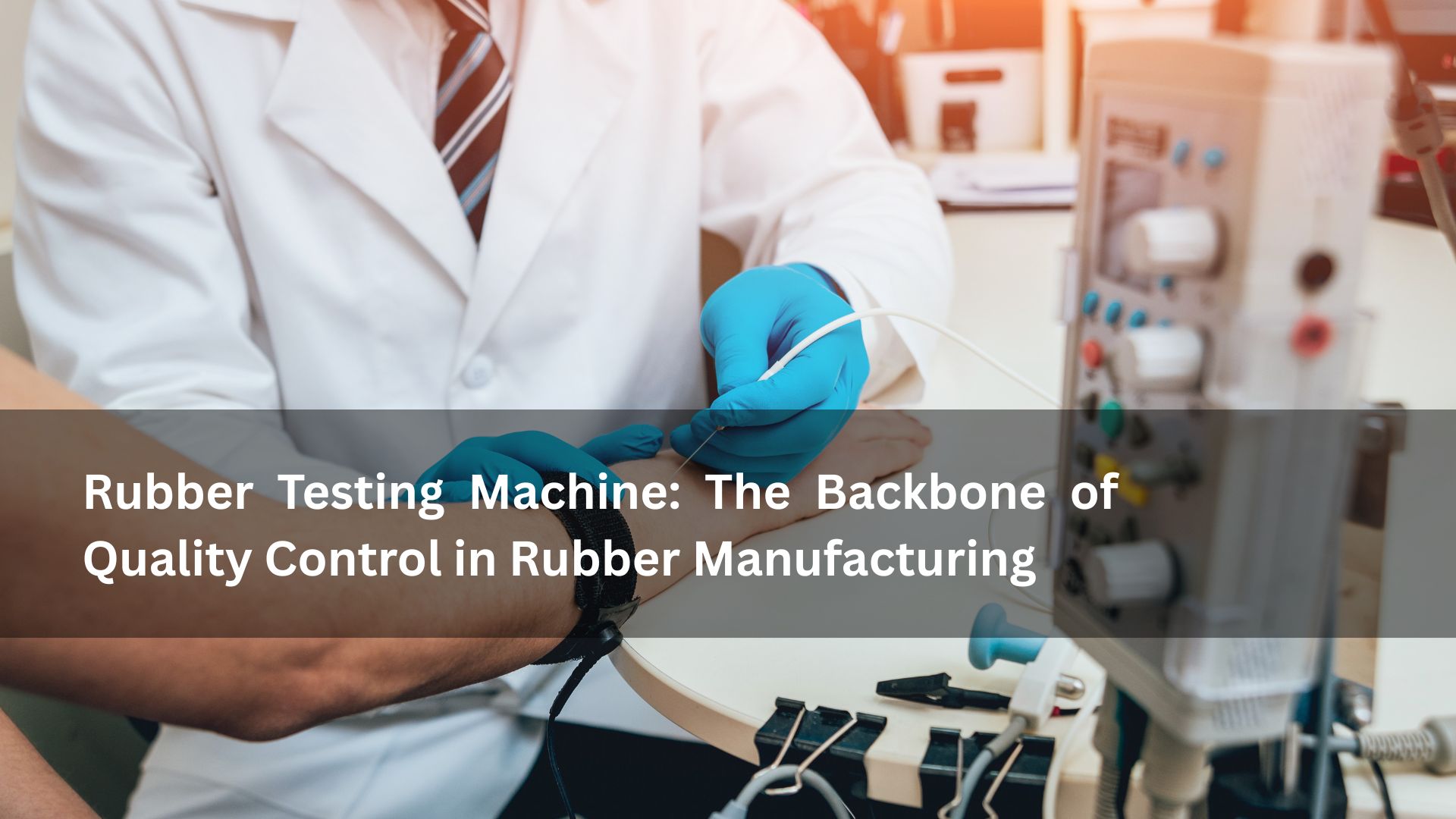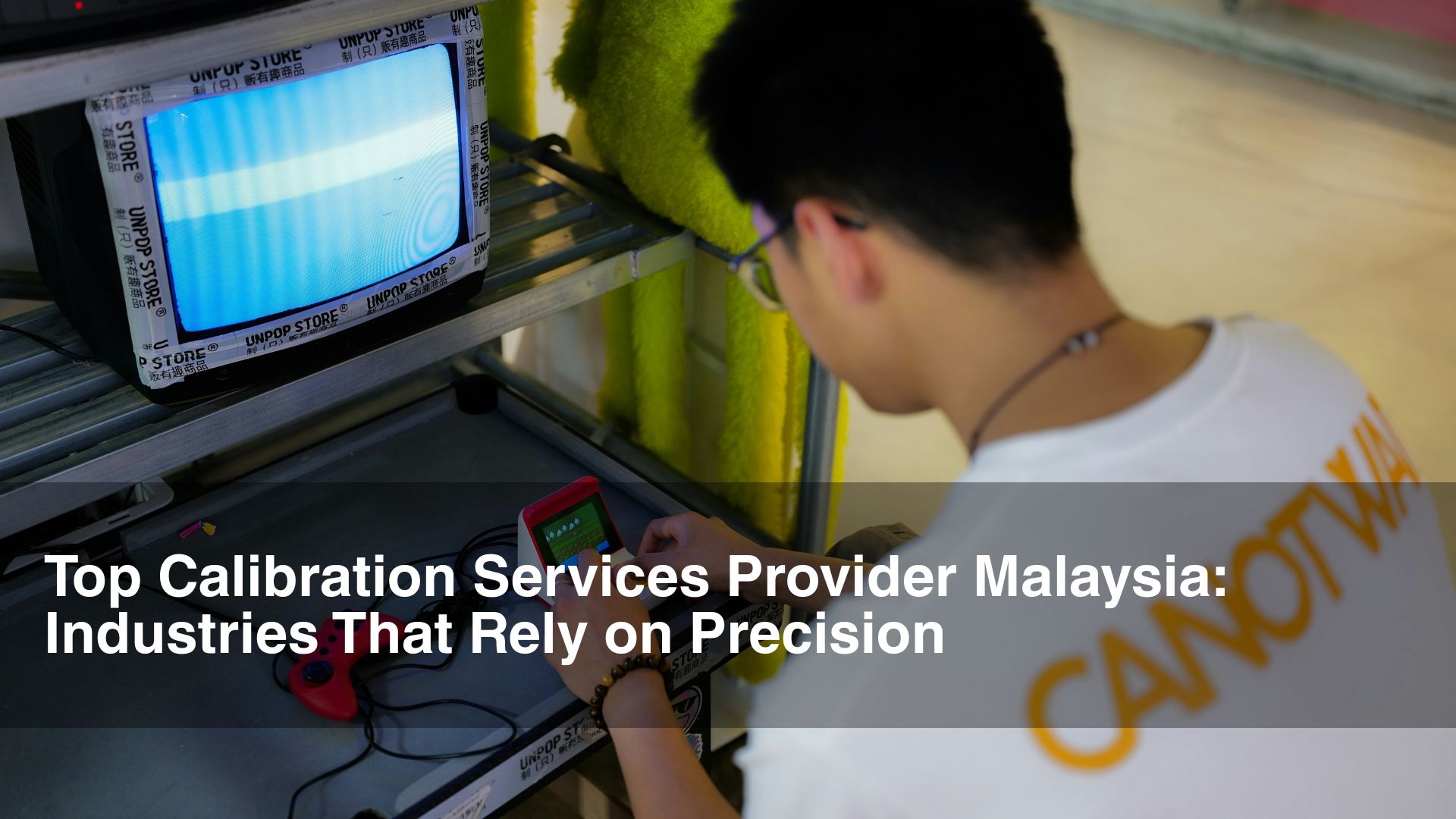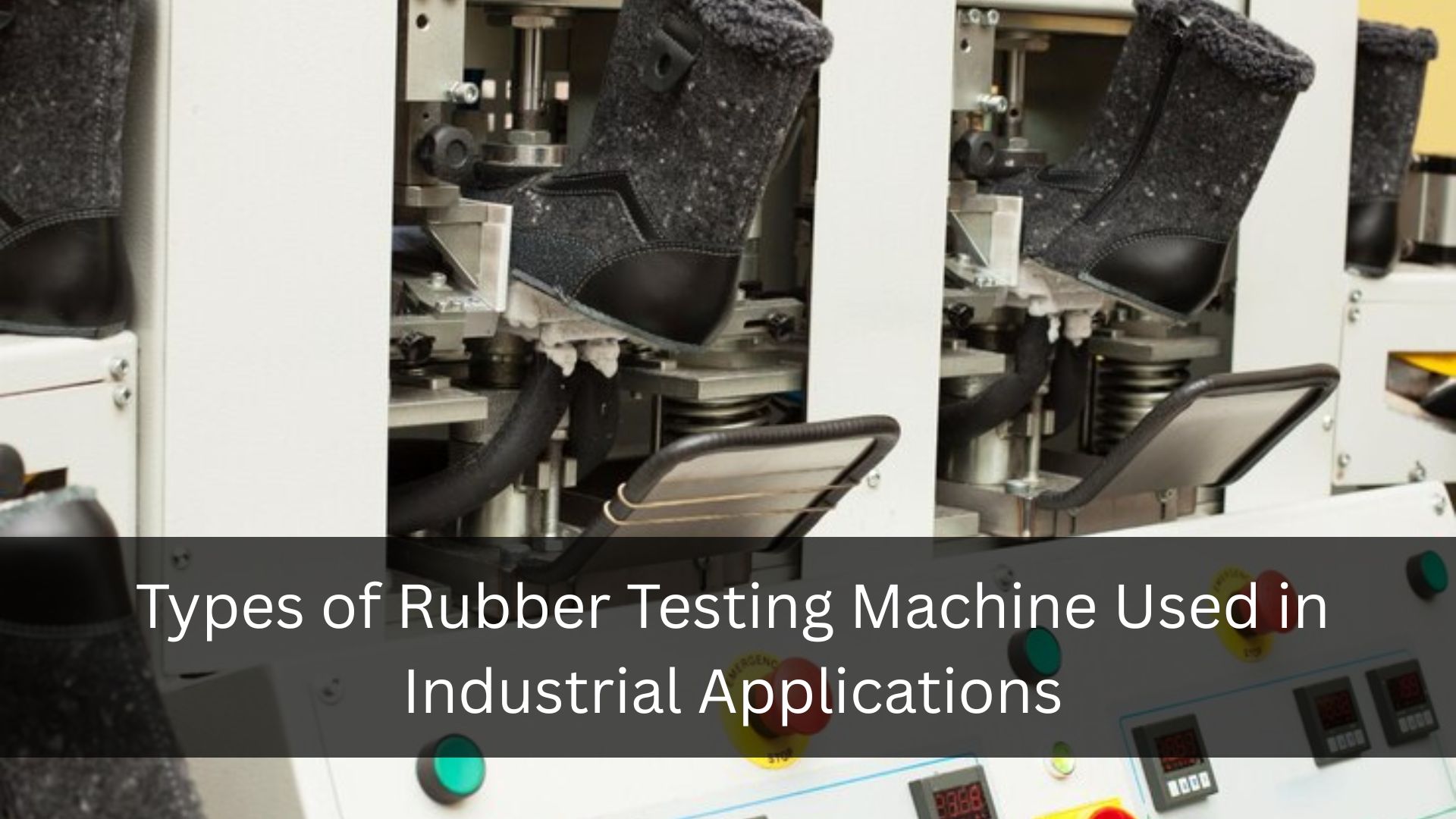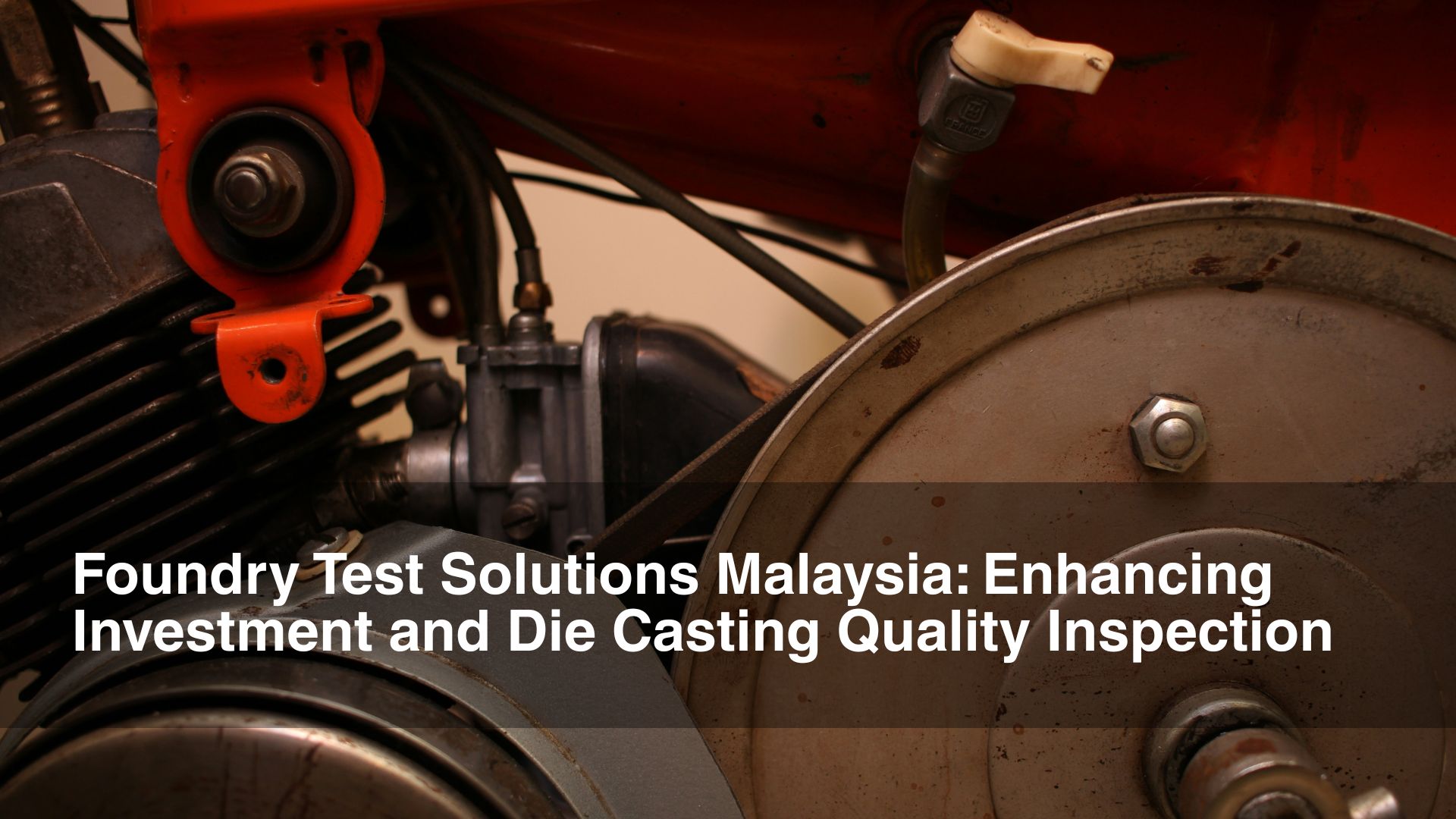Understanding the Importance of a Rubber Testing Machine in Industry
A rubber testing machine is an essential asset in the rubber manufacturing industry, acting as the backbone of quality control processes. The ability of a rubber testing machine to measure the physical properties of rubber ensures manufacturers produce products that meet safety, durability, and performance standards. Without the use of a reliable rubber testing machine, the consistency of rubber products is left to chance, risking failures that can result in costly recalls or even safety hazards. The rubber testing machine serves as a crucial checkpoint for manufacturers to validate every batch before it reaches production or the market.
Rubber’s unique flexibility and elasticity make it a valuable material but also complicate quality assurance. The rubber testing machine is designed specifically to handle these complexities, providing accurate and repeatable measurements that help maintain material integrity. In an industry where customer satisfaction and regulatory compliance are paramount, the rubber testing machine is the foundation upon which manufacturers build trust and reliability.
Key Features of a Modern Rubber Testing Machine
Today’s advanced rubber testing machines incorporate a variety of cutting-edge features to meet the growing demands of manufacturers. A modern rubber testing machine typically offers digital controls, user-friendly interfaces, and automation to ensure precise and consistent results. Whether performing tensile strength tests, compression set evaluations, or hardness measurements, the rubber testing machine is equipped to handle these with ease.
Moreover, a versatile rubber testing machine supports a wide range of testing standards such as ASTM, ISO, and DIN, ensuring that manufacturers can produce materials that comply with international benchmarks. Advanced sensor technologies embedded in the rubber testing machine allow for detailed monitoring of specimen deformation and stress, providing manufacturers with comprehensive data for product development and quality assurance.
How a Rubber Testing Machine Enhances Product Reliability
Using a rubber testing machine significantly enhances the reliability of rubber products. By simulating real-life conditions such as temperature fluctuations, mechanical stress, and prolonged wear, the rubber testing machine helps identify potential weaknesses in rubber compounds before they reach the customer. This predictive capability is vital for industries like automotive, aerospace, and healthcare where product failure can have serious consequences.
Manufacturers rely on the rubber testing machine to ensure that products such as tires, seals, and medical gloves consistently perform under expected conditions. By catching defects early in the process through rigorous testing on a rubber testing machine, companies reduce warranty claims, increase customer satisfaction, and maintain strong brand reputations.
Types of Tests Conducted by a Rubber Testing Machine
The versatility of the rubber testing machine is reflected in the broad spectrum of tests it can perform. Key tests include:
Tensile Strength Testing: Determines the force needed to pull the rubber until it breaks.
Compression Set Testing: Measures the ability of rubber to return to its original shape after compression.
Hardness Testing: Using durometers, hardness tests assess surface resistance and flexibility.
Tear Resistance Testing: Evaluates the rubber’s resistance to tearing forces.
Aging and Fatigue Testing: Simulates long-term environmental exposure to predict product lifespan.
Abrasion Resistance Testing: Assesses durability under friction and wear conditions.
Each test conducted by a rubber testing machine delivers critical data that guides material formulation and manufacturing adjustments to optimize product quality.
Selecting the Right Rubber Testing Machine for Your Application
Choosing the ideal rubber testing machine is a strategic decision that depends on your specific testing requirements. Factors to consider when selecting a rubber testing machine include load capacity, accuracy, test type availability, ease of use, and compliance with regulatory standards. For example, a rubber testing machine intended for testing soft silicone rubbers may require different capabilities than one designed for heavy industrial rubber parts.
High-end rubber testing machines feature customizable test programs, advanced data management, and modular designs to adapt to future testing needs. Investing in the right rubber testing machine ensures that your quality control processes remain robust and scalable as your product lines evolve.
Benefits of Using Automated Rubber Testing Machines
The incorporation of automation in rubber testing machines has revolutionized quality control by improving accuracy and efficiency. Automated rubber testing machines minimize human error, ensure repeatable testing conditions, and speed up the testing process. With features such as programmable test cycles, automated sample handling, and real-time data analysis, the rubber testing machine becomes an indispensable tool for high-volume manufacturing environments.
Furthermore, automated rubber testing machines allow for seamless integration with manufacturing execution systems (MES) and cloud-based data platforms. This connectivity enables manufacturers to track quality metrics across multiple production sites and make data-driven decisions that improve overall product consistency.
Industry Applications of Rubber Testing Machines
The rubber testing machine finds application across diverse industries, each with unique testing needs. In automotive manufacturing, the rubber testing machine ensures that components such as tires, seals, and mounts withstand extreme temperatures and mechanical stress. The aerospace industry relies on the rubber testing machine to validate materials that endure harsh environmental conditions and regulatory scrutiny.
In healthcare, a rubber testing machine confirms the safety and durability of products like surgical gloves and tubing. Construction and infrastructure sectors use the rubber testing machine to test vibration isolators, gaskets, and expansion joints, ensuring compliance with safety codes and long-term performance. The rubber testing machine’s adaptability makes it a vital instrument for maintaining quality across these varied applications.
Partnering with Experts for Reliable Rubber Testing Machines
Investing in a rubber testing machine requires partnering with reputable manufacturers who offer reliable, precision-engineered equipment. Trusted suppliers provide rubber testing machines with technical support, training, and customization options to suit specific industrial needs. Choosing a partner who understands industry requirements ensures that your rubber testing machine will deliver consistent performance and adapt to evolving testing protocols.
Companies like Victor Testing Machine have established themselves as leaders by offering innovative rubber testing machines that combine durability, accuracy, and user-friendly operation. With expert guidance, manufacturers can select the perfect rubber testing machine to enhance their quality control programs and improve product outcomes.












